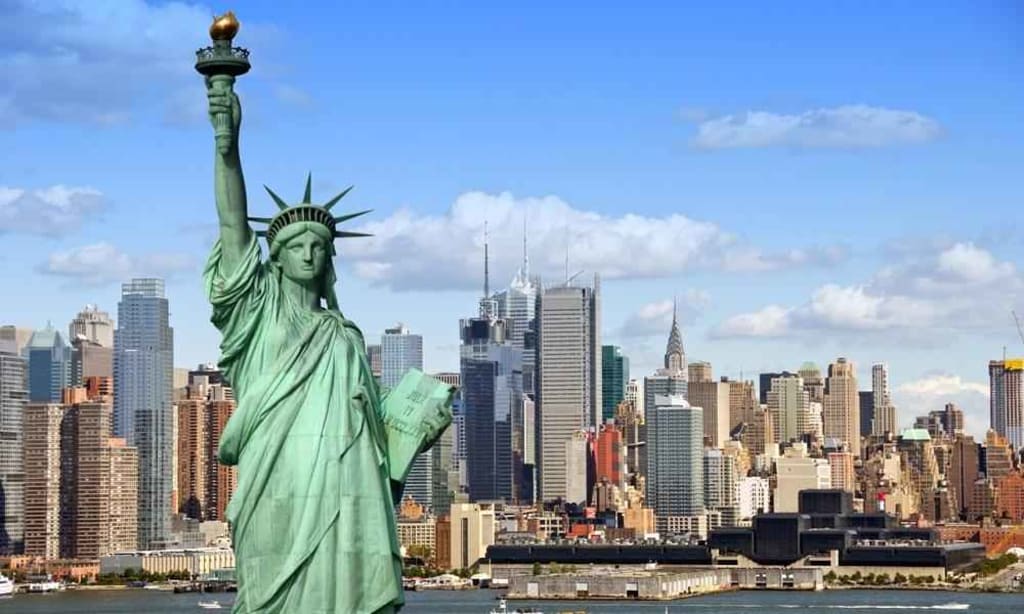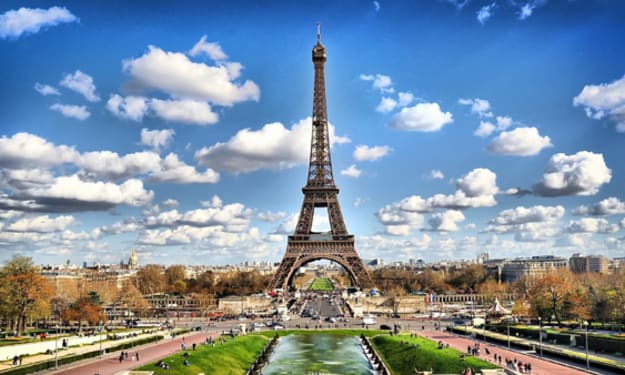
Introduction:
America, the land of the free and the home of the brave, holds within its borders a rich tapestry of history woven from diverse threads of triumphs, struggles, and cultural amalgamation. From the indigenous civilizations that flourished long before the arrival of European settlers to the modern superpower it stands as today, the journey of America is an epic saga marked by resilience, innovation, and evolution.
Native American Civilizations:
Before the first European settlers set foot on American soil, the land was already inhabited by diverse indigenous civilizations. From the mighty Aztec and Inca empires in the south to the nomadic tribes of the Great Plains and the sophisticated cultures of the Eastern Woodlands, these native peoples had cultivated complex societies, rich cultures, and deep spiritual connections with the land.
Exploration and Colonization:
The dawn of the 15th century witnessed the Age of Exploration, during which European powers embarked on perilous voyages across the Atlantic in search of new trade routes and territories. In 1492, Christopher Columbus stumbled upon the Americas, initiating an era of European colonization that forever altered the course of history. Spanish conquistadors plundered the Aztec and Inca empires, while English settlers established the Jamestown colony in 1607, marking the beginning of permanent European settlement in North America.
The American Revolution:
The 18th century saw the seeds of revolution take root in the thirteen British colonies along the eastern seaboard. Fueled by grievances over taxation without representation and a desire for self-governance, the colonists rallied behind the cry for independence. In 1776, the Declaration of Independence was penned, proclaiming America's autonomy from British rule. The ensuing Revolutionary War, marked by iconic battles such as Lexington and Concord and the Siege of Yorktown, culminated in the birth of a new nation, the United States of America.
Westward Expansion and Manifest Destiny:
Buoyed by a sense of manifest destiny, Americans embarked on a relentless westward expansion throughout the 19th century. The Louisiana Purchase of 1803 doubled the nation's territory, while pioneers blazed trails along the Oregon Trail and the California Gold Rush of 1849 spurred a frenzy of migration to the West Coast. However, this expansion came at a grave cost to indigenous peoples, as they were forcibly displaced from their ancestral lands and subjected to systematic oppression and violence.
The Civil War and Reconstruction:
The mid-19th century was marred by the bitter conflict of the Civil War, a defining moment in American history that pitted the industrialized North against the agrarian South over issues of slavery and states' rights. The Union's victory in 1865 marked the end of slavery but ushered in a tumultuous period of Reconstruction, characterized by efforts to rebuild the war-torn nation and grant civil rights to newly emancipated African Americans.
Industrialization and the Rise of the United States:
The late 19th and early 20th centuries witnessed a rapid pace of industrialization and urbanization that transformed America into a global economic powerhouse. Innovations such as the assembly line, electricity, and the automobile revolutionized industry and society, while waves of immigration fueled the nation's growth and diversity. The United States emerged as a leading player on the world stage, intervening in conflicts such as World War I and World War II and championing ideals of democracy and freedom.
The Civil Rights Movement and Beyond:
Despite progress on many fronts, America grappled with deep-seated issues of racial inequality and social injustice throughout the 20th century. The Civil Rights Movement of the 1950s and 1960s, led by figures like Martin Luther King Jr. and Rosa Parks, challenged segregation and discrimination, paving the way for landmark legislation such as the Civil Rights Act of 1964 and the Voting Rights Act of 1965. However, the struggle for equality continues to this day, as America confronts systemic racism and disparities in areas ranging from education to criminal justice.
Conclusion:
From its ancient indigenous civilizations to its modern-day status as a global superpower, the history of America is a testament to the resilience, diversity, and spirit of its people. As the nation navigates the challenges of the 21st century, it remains bound by the shared values of freedom, democracy, and opportunity that have defined its journey thus far. America's past serves as both a source of inspiration and a cautionary tale, reminding us of the enduring power of perseverance and the imperative of forging a more just and equitable future.
About the Creator
hawk1
My name is Youssef, nicknamed "Hawk," a college graduate. I'm here to assist you in providing inspiring and helpful content. I hope for your subscription and support.





Comments
There are no comments for this story
Be the first to respond and start the conversation.